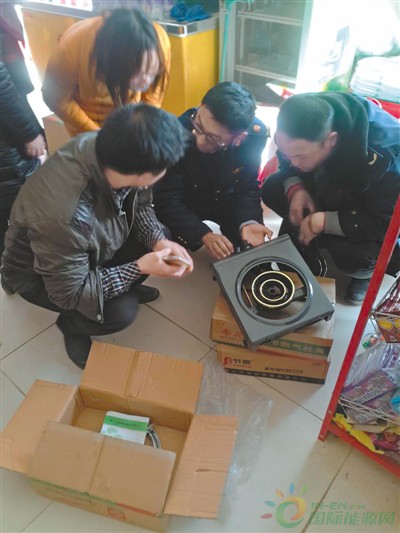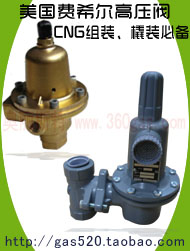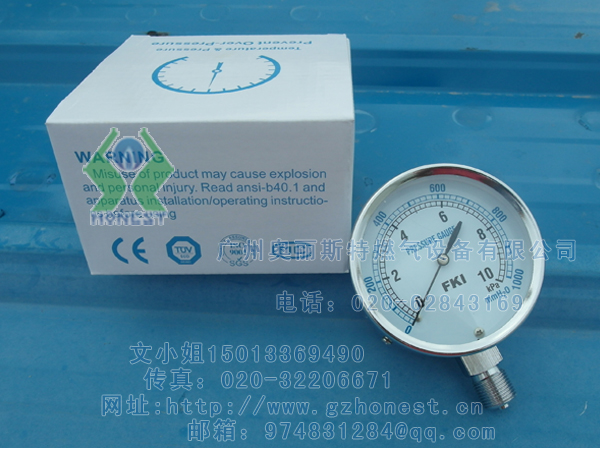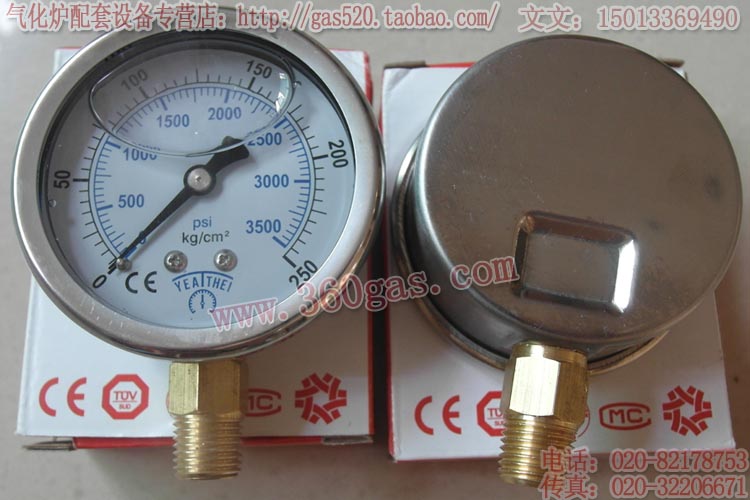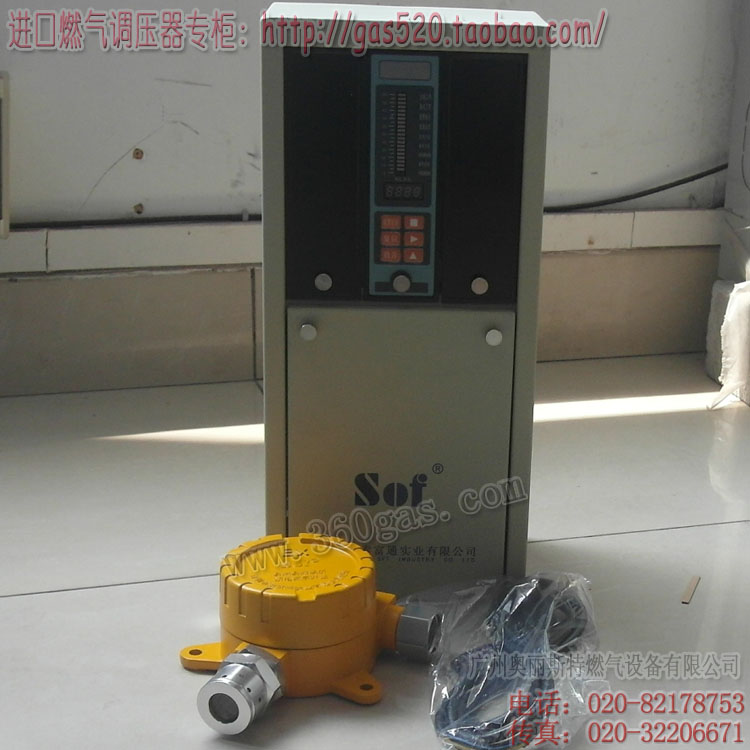位置:首頁 > 燃氣資訊 > 西海岸項目LNG使用的顯示方式在加拿
西海岸項目LNG使用的顯示方式在加拿大的海事部門/West Coast Project to Show Way for LNG Use in Canada’s Marine Sector
瀏覽次數 893 , 日期 2013-05-31 , 燃氣設備 加入收藏

Ccommercial航運煙霧在加拿大所有省份水平。(來源:環境與加拿大運輸部2009)
專注于加拿大西海岸的液化天然氣(LNG)使用一個聯合工業項目旨在確定和克服障礙的LNG作為船用燃油。估計120萬加元(1.16美元)的項目涉及17個參與組織,包括溫哥華港,BC渡輪,西斯班公司ULC,隨著船級社,技術和服務提供商,標準制定團體,聯邦和不列顛哥倫比亞省理工學院省政府和天然氣生產商和供應商。嚴格的排放法規,在2015-2016年生效意味著,船主在200英里的西海岸和加拿大其他地區將需要使用更低的低硫餾分燃料,安裝排氣后處理技術,或切換到液化天然氣,以符合。LNG提供了顯著的生產降低80%的氮氧化物和顆粒物和SOx的排放量減少90%的空氣質量效益。液化天然氣還可降低溫室氣體排放量高達25%的船舶。
“我們的政府很高興,說:”尊敬的詹姆斯 - 摩爾(James Moore),不列顛哥倫比亞省和加拿大文化遺產和官方部長部長負責與合作伙伴共同努力,以確定如何LNG可作為一個安全和對環境負責的船用燃油在加拿大西海岸語言。“此外,這項工作的結果將適用于在大湖和圣勞倫斯航道,以及加拿大東海岸的類似舉措。”
“LNG加油時被認為是由世界各地主要港口以減少排放和提高可持續發展的方式之一,”說鄧肯·威爾遜,副總裁,企業社會責任,溫哥華港,“我們日益加拿大最大的門戶亞洲太平洋以可持續的方式和液化天然氣提供的潛力,以提高環保性能和增強我們的競爭地位。“
BC渡輪將LNG作為船用柴油機燃料的可行替代。“雖然我們已經在使用低硫柴油,我們把它到一個新的水平,通過探索使用替代燃料,以降低成本,并減少對環境的影響我們的業務”,根據邁克·科里根,總裁兼首席執行官。“液化天然氣(LNG)是一個有吸引力的選擇,因為它提供了通過利用當地豐富的資源節約燃料和減排。”
在2012年年底推出,西海岸海洋LNG項目結束時將發布最終報告記錄2013年11月從加拿大技術準備,培訓,運營安全和監管要求,環 境效益和經濟效益的角度來看。該項目由加拿大政府的支持,指導下,加拿大天然氣汽車聯盟(CNGVA)這是發揮帶頭作用,協調參與和資源貢獻。CNGVA是加拿大全國性的行業協會,提倡更多地使用天然氣,為加拿大的經濟和環境的利益,作為一個主要的運輸燃料。
其他項目參與者包括ABS,CSA集團(加拿大最大的標準開發組織),加拿大能源公司天然氣公司,FortisBC,勞氏船級社加拿大有限公司,勞斯萊斯加拿大有限公司,瓦錫蘭,西港創新(高馬力)。
A joint industry project focused on the use of liquefied natural gas (LNG) on the West Coast of Canada aims to identify and address barriers for LNG as a marine fuel. The estimated CAD 1.2 million (USD 1.16 m) project involves 17 participating organizations including Port Metro Vancouver, BC Ferries, Seaspan ULC, and the British Columbia Institute of Technology along with marine classification societies, technology and services providers, standards development groups, federal and provincial governments, and natural gas producers and suppliers. Stringent emissions regulations coming into force in 2015-2016 mean that vessel owners operating within 200 miles of the West Coast and in other regions of Canada will need to use lower sulphur distillate fuel, install exhaust aftertreatment technologies or switch to LNG in order to comply. LNG offers significant air quality benefits producing 80% lower NOx and particulate matter, and a 90% reduction in SOx emissions. LNG can also reduce greenhouse gas emissions by up to 25% from ships.
“Our government is pleased to work with partners to determine how LNG can be used as a safe and environmentally responsible marine fuel on the West Coast of Canada,” said the Honourable James Moore, Minister Responsible for British Columbia and Minister of Canadian Heritage and Official Languages. “In addition, results of this work will be applicable to similar initiatives in the Great Lakes and St. Lawrence Seaway, as well as the East Coast of Canada.”
“LNG bunkering is being considered by major ports around the world as one way to reduce emissions and enhance sustainability,” said Duncan Wilson, Vice President, Corporate Social Responsibility, Port Metro Vancouver, “We are committed to growing Canada’s largest Gateway to the Asia Pacific in a sustainable way and LNG offers the potential to improve environmental performance and enhance our competitive position.”
BC Ferries sees LNG as a viable alternative to marine diesel fuel. “While we already use low sulphur diesel, we are taking it to the next level by exploring the use of alternative fuels to reduce costs and lessen the environmental impact of our operations,” according to Mike Corrigan, President and CEO. “LNG is an attractive option as it offers fuel savings and emissions reductions through the use of an abundant local resource.”
Launched in late 2012, the West Coast Marine LNG project will conclude with the release of a final report in November 2013 documenting technology readiness, training, safe operations and regulatory requirements, and environmental and economic benefits from a Canadian point of view. The project is supported by the Government of Canada under the direction of the Canadian Natural Gas Vehicle Alliance (CNGVA) which is playing a lead role in coordinating participation and resource contributions. The CNGVA is Canada’s national trade association that advocates for greater use of natural gas as a primary transportation fuel for the benefit of Canada’s economy and environment.
Other project participants include ABS, CSA Group(Canada’s largest Standards Development Organization), Encana Natural Gas Inc., FortisBC, Lloyd’s Register Canada Ltd., Rolls-Royce Canada Ltd., Wärtsilä, and Westport Innovations (High Horsepower).



